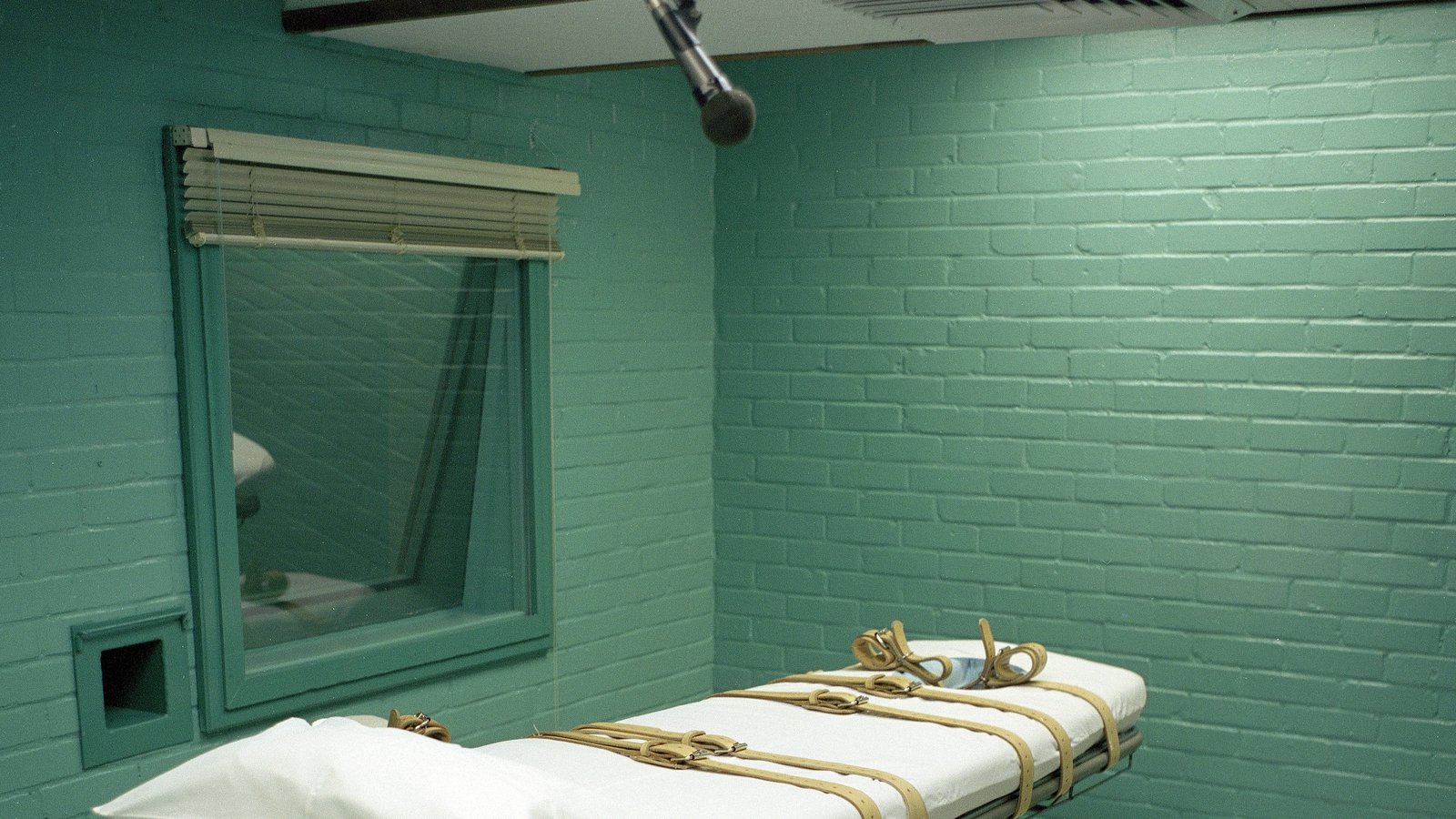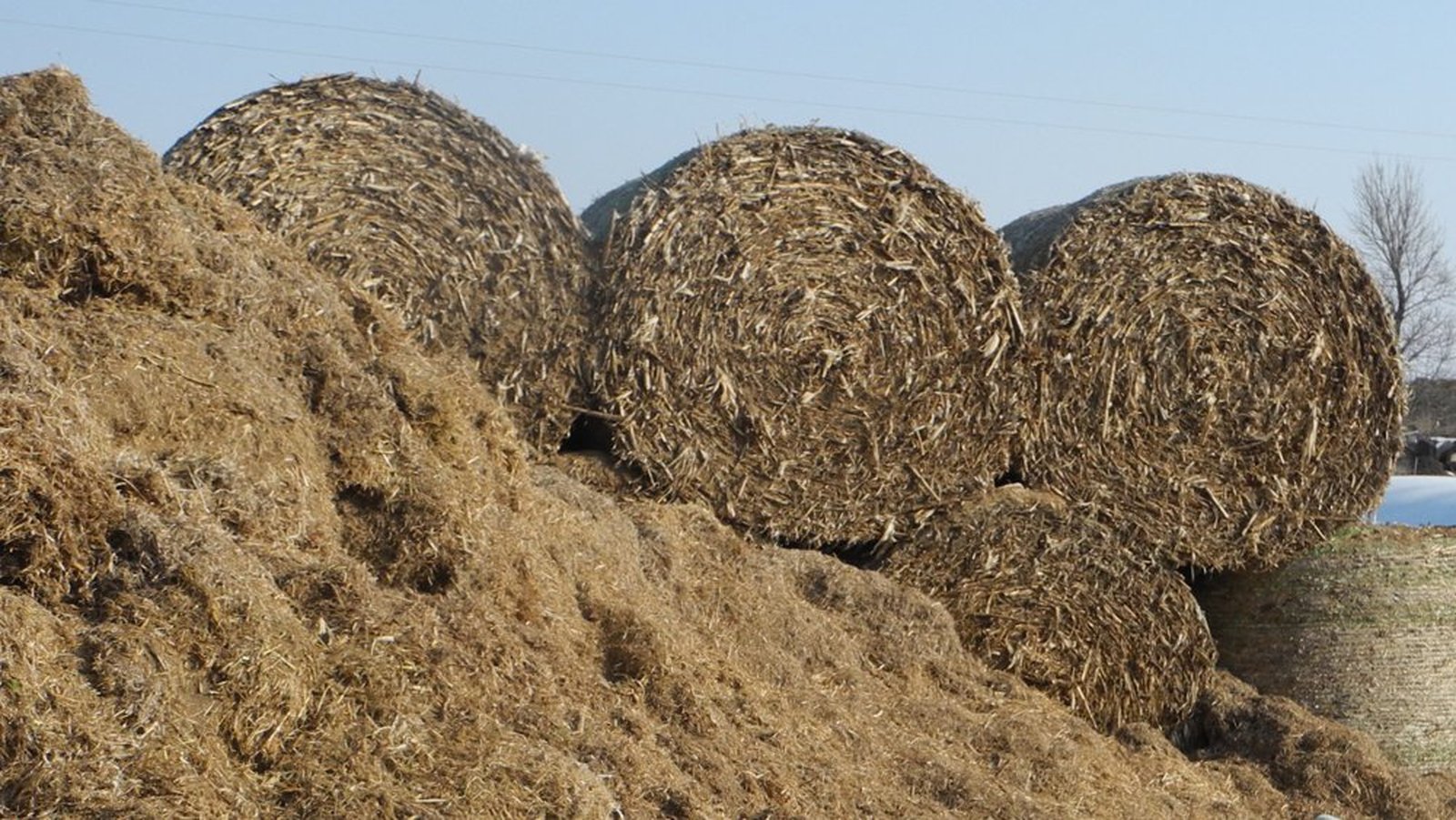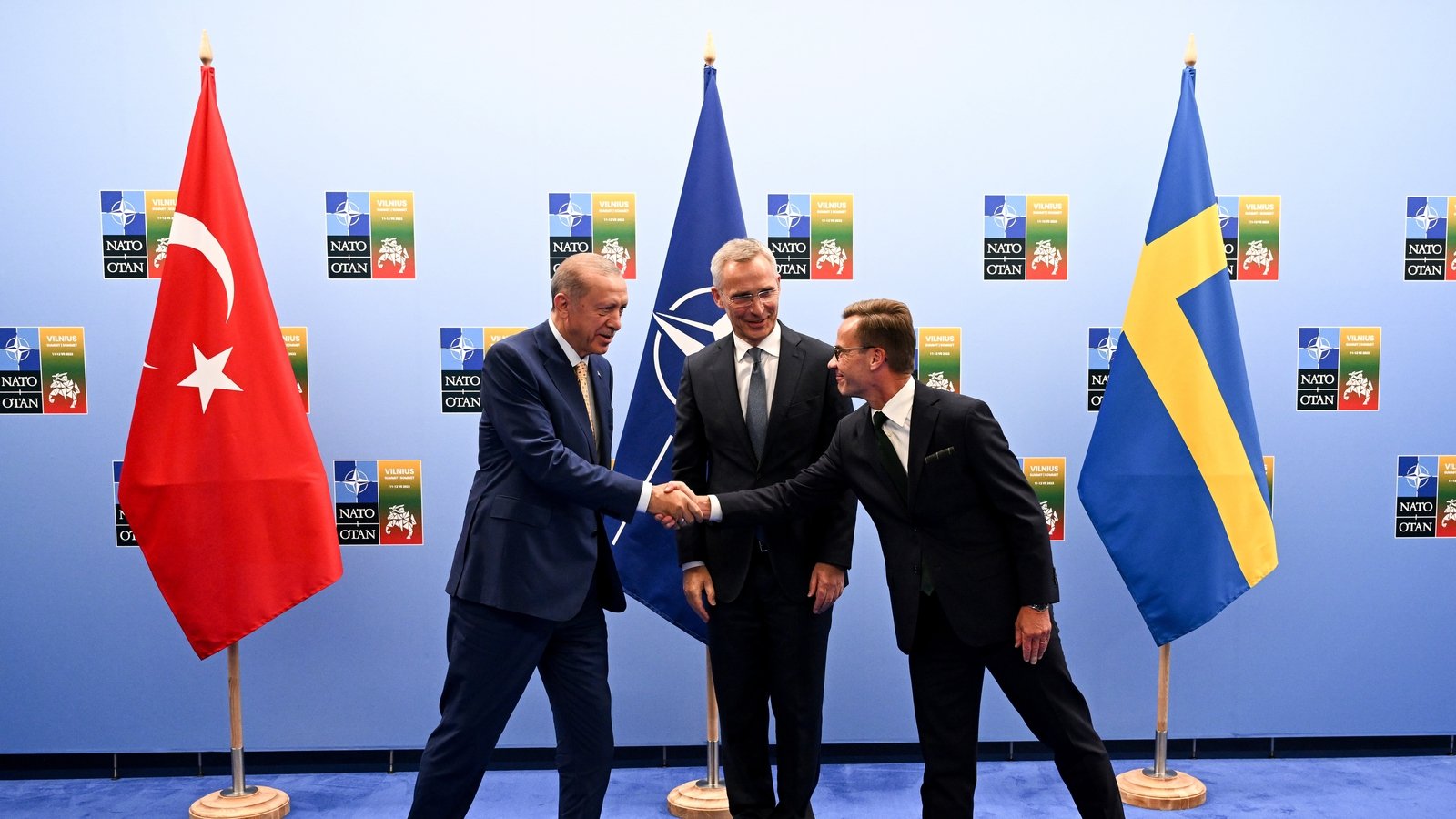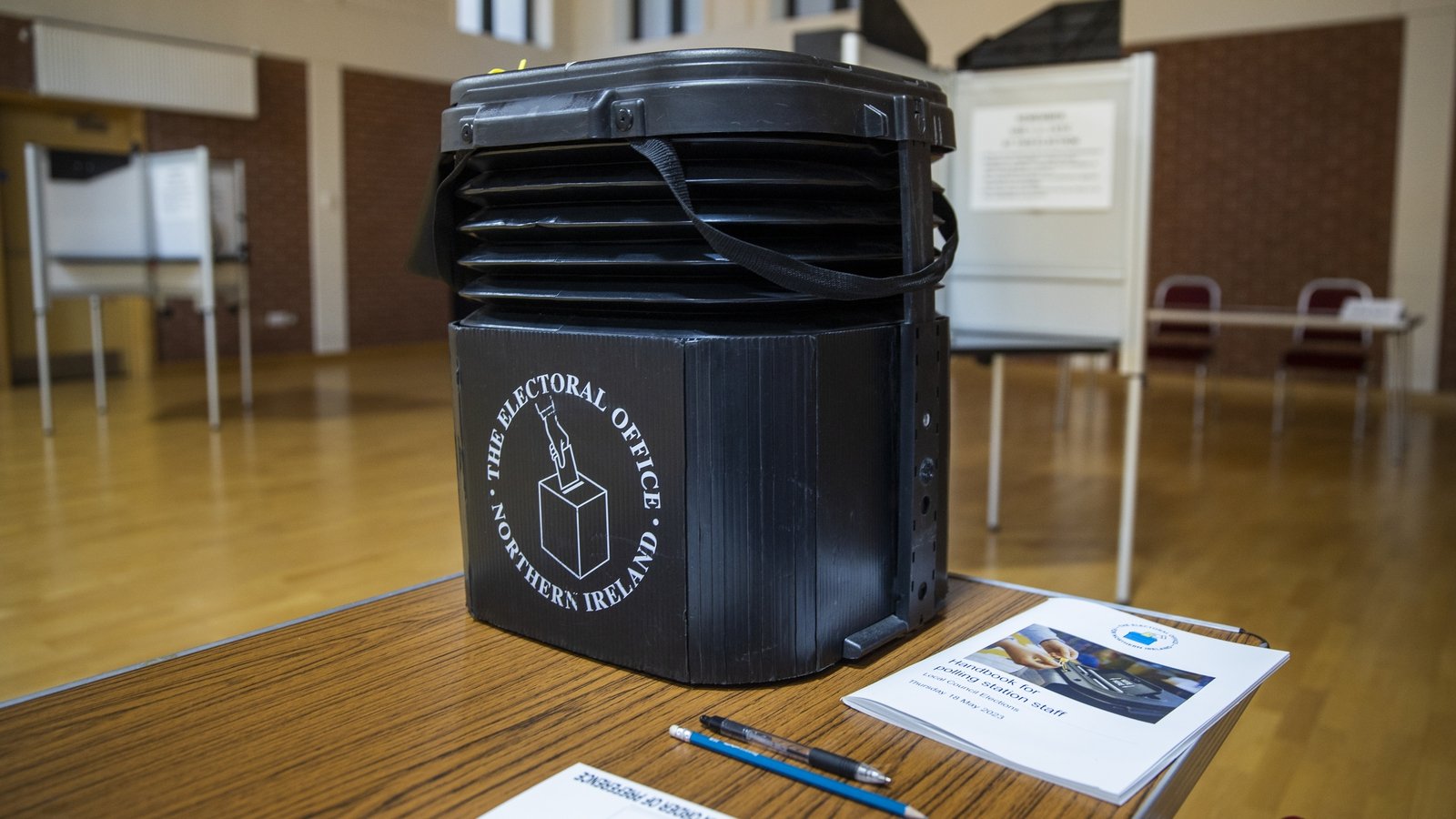S.African parliament meets as ANC nears coalition deal
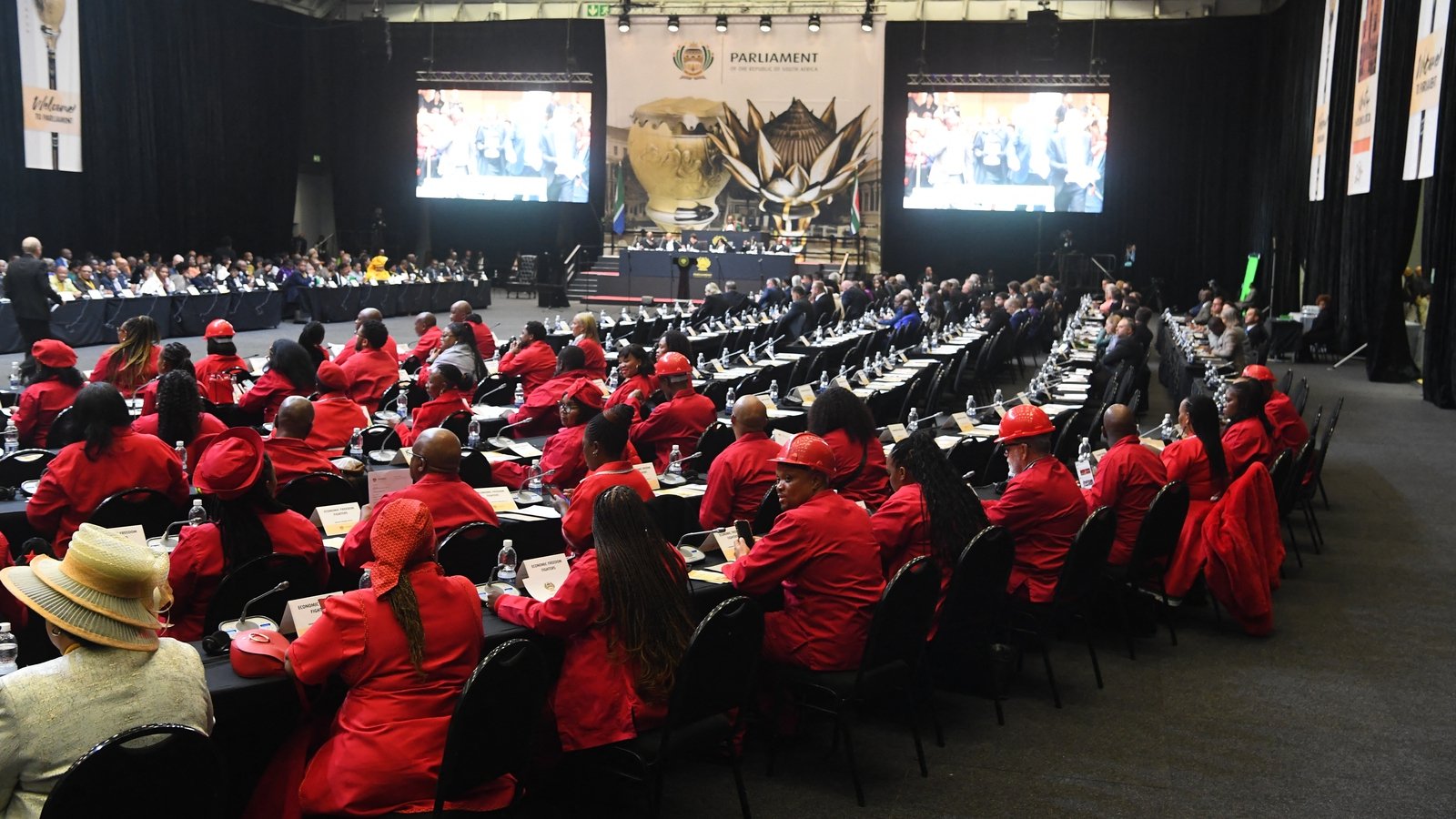
South Africa’s newly elected parliament have met and was expected to re-elect President Cyril Ramaphosa to form an unprecedented coalition government as his humbled ANC raced to cobble together a deal.
The African National Congress leader had called for a government of national unity after his party lost its absolute majority in last month’s general election, but two major leftist parties shunned the deal.
Instead, according to ANC secretary general Fikile Mbalula, the government would “gravitate to the centre” – backed by the centre-right Democratic Alliance (DA), the Zulu nationalist Inkatha Freedom Party (IFP) and several smaller parties.
“We have reached a breakthrough on the common agreement that we need to work together,” Mr Mbalula told a news conference in Cape Town, confirming that the radical leftist Economic Freedom Fighters (EFF) had refused to join what he still called a unity government.
Former president Jacob Zuma’s new party, uMkhonto weSizwe (MK), has disputed the 29 May election results and warned it would boycott today’s sitting of the 400-member assembly.
Mr Mbalula said the ANC was talking to MK, but had not reached agreement.
Mr Ramaphosa is now expected to win the secret ballot of MPs to confirm his re-election, but talks on a written coalition agreement that can be signed by the parties were going right down to the wire.
“This morning at 2am, we thought we had a final settlement and agreement, but this morning a few issues have arisen, and they are just trying to sort those out,” Helen Zille, chairwoman of the DA’s national council, told SABC public television.
“There’s one paragraph still outstanding. And I hope that we will take it over the line.”
If re-elected, Mr Ramaphosa would be sworn in next week in Pretoria and then unveil his new cabinet.
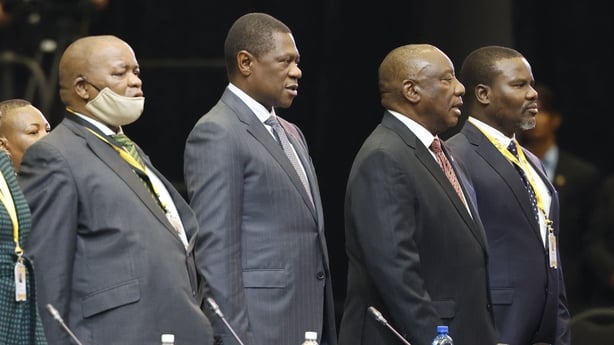
Post-apartheid democracy
“The ANC is going into this under the guise of a government of national unity, but really it isn’t,” political analyst Hlengiwe Ndlovu of the Wits University School of Governance told AFP. “It’s more like coalition talks.”
For 30 years since the advent of post-apartheid democracy, the late Nelson Mandela’s ANC has held an absolute majority and elected a president from its own ranks.
But the former liberation movement – weakened by corruption and recent governments’ poor economic performance – has seen its support collapse, leaving it with only 159 seats.
“Besides the DA and IFP, Ramaphosa will be building up support from smaller parties… as insurance,” said author and political analyst Susan Booysen, amid reports that some ANC MPs may vote against their leader.
“He needs that buffer,” she told AFP.
But the left-wing EFF of former ANC youth leader Julius Malema, who wants to nationalise land and some privately-owned businesses, will not join the administration.
Mr Malema told reporters yesterday that his members would vote for the ANC candidate for president if they were promised the speaker or deputy speaker position in parliament.
But he denounced the idea of joining a unity government with the DA, which has promised privatisations and market reform.
“We have made it very clear to the president that we are not against the government of national unity,” Mr Malema said, recounting a meeting he had held earlier with Mr Ramaphosa.
“We are against the inclusion of the DA and the Freedom Front Plus, because that represents imperialism, represents racism and white supremacy, represents backwardness.”
The Freedom Front Plus is a right-wing party, seeking an autonomous Afrikaner homeland.
For the DA, Zille said that her party and the ANC had agreed that the coalition would only be for parties who respect the constitution, and implied that this does not include the EFF.
“This is an agreement between constitutionalists, between people who want to protect the constitution, and we know what the EFF thinks of the constitution,” she told SABC.

